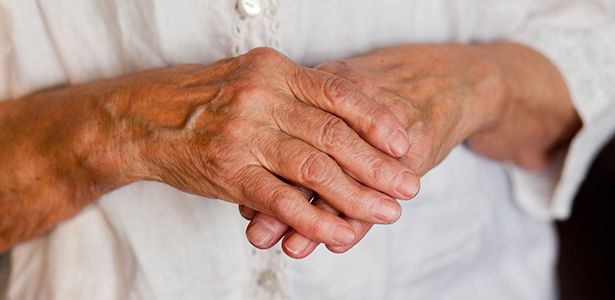
by Gill | Feb 17, 2015 | Natural Facts
Introduction One of the most important nutrients for heart health is coenzyme Q10 (CoQ10). Its role in the heart is similar to the role of a spark plug in a car engine. Just as the car cannot function without that initial spark, the heart cannot function without...

by admin | Feb 10, 2015 | Natural Facts
Introduction: It seems that when a positive study on natural products comes out in a medical journal that it garners very little media attention. In contrast, when a study comes out that seemingly shows a dietary supplement does not produce good results it receives a...

by admin | Jan 30, 2015 | Natural Facts
The right nutrients and herbs can help repair damage and improve quality of life Strokes are the leading cause of adult disability in the United States and the third leading cause of death. A stroke can be the result of a lack of blood flow caused by a blood clot or a...

by admin | Jan 29, 2015 | Natural Facts
Hyaluronic acid may hold the key to reversing arthritis Several years ago, ABC News’ Connie Chung reported on a Japanese village called Yuzuri Hara that has a reputation for extraordinary longevity. Not only do many inhabitants of the village live well into their 90s,...

by admin | Jan 26, 2015 | Natural Facts
Five key nutrients for preventing and treating cataracts and macular degeneration Nutritional factors play a key role in the prevention and treatment of cataracts and macular degeneration. A diet high in richly colored fruits and vegetables—as well as targeted...

by admin | Jan 25, 2015 | Natural Facts
This unheralded protein plays a key role in keeping us together—literally The most abundant protein in the human body, collagen is also the main component of connective tissue such as tendons, ligaments, cartilage, bone, and blood vessels. As we age, the collagen-rich...









